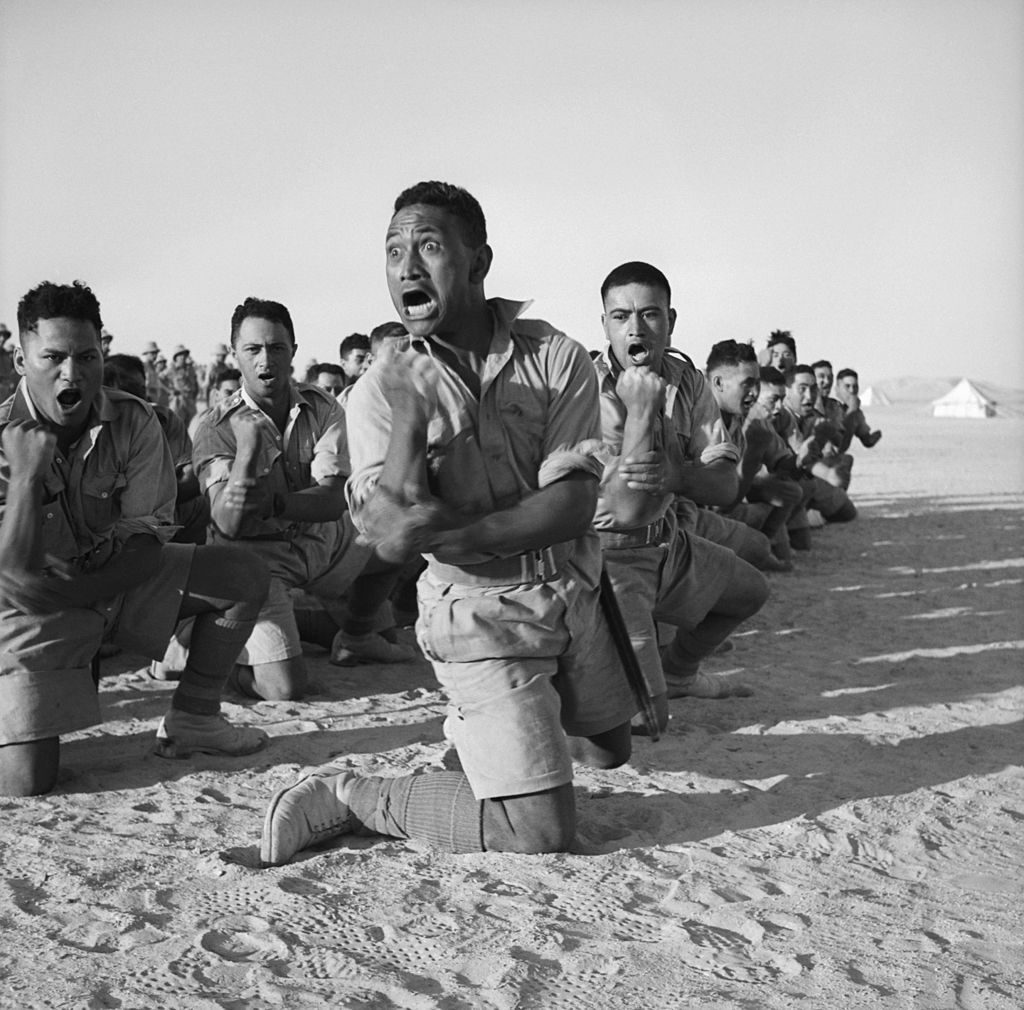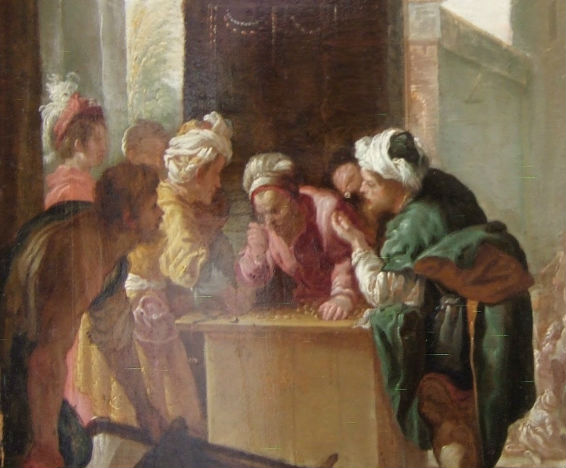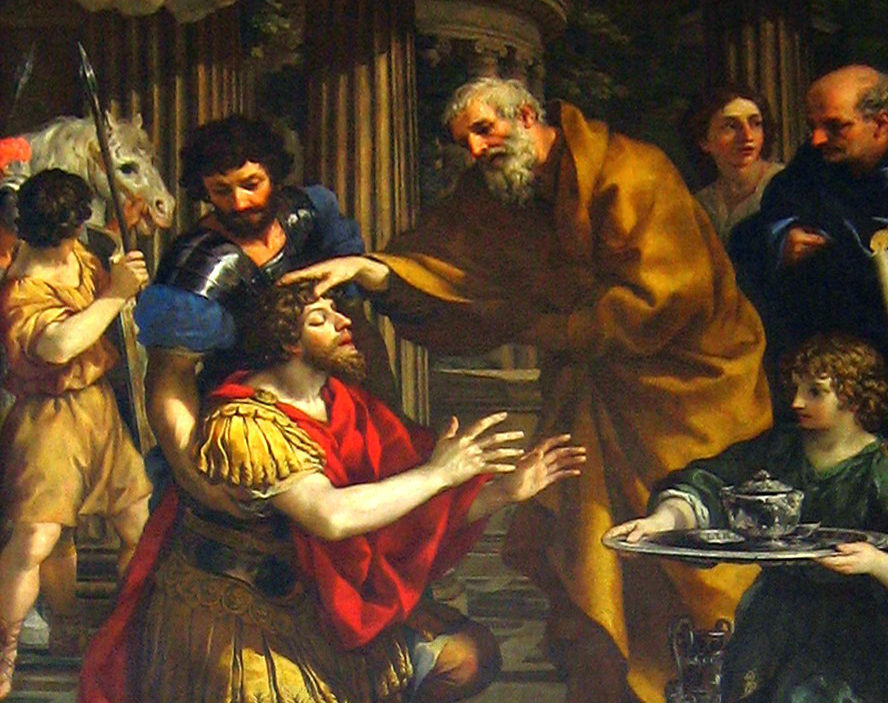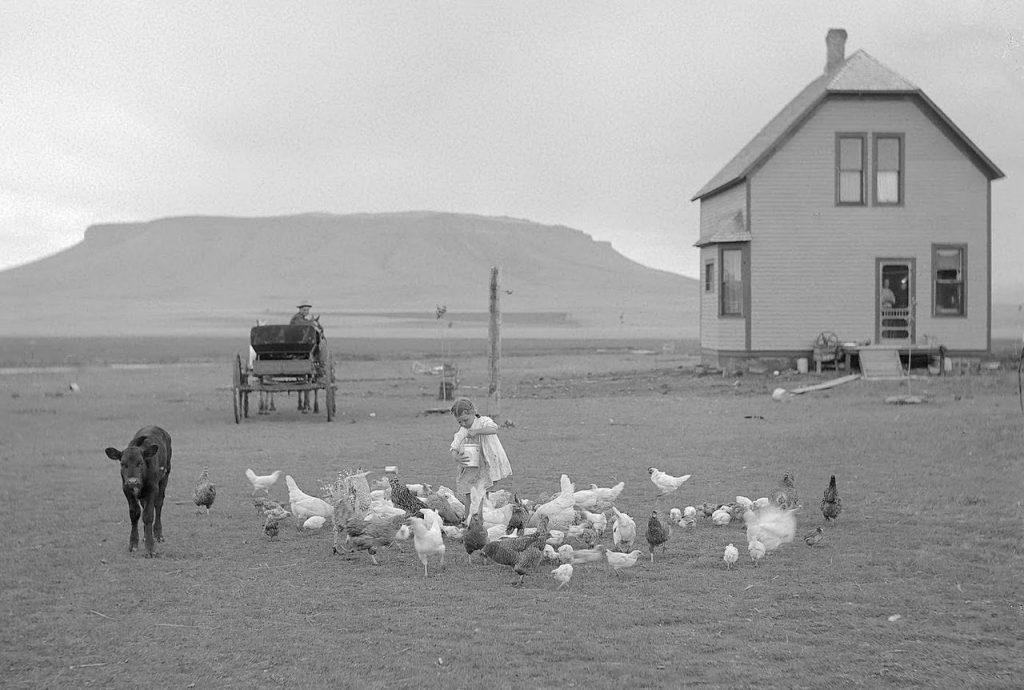
This post is part of the General Conference Odyssey.
I took the title for this post from a story that Elder Robert L. Simpson recounted in his talk, Do It:
As Sister Simpson and I walked along lower Queen Street in Auckland, New Zealand, the other day, we came to a particular place not far from the wharf. There we paused for a few moments as I related to her the incident that took place at that very spot during my first mission.
I could still see in my mind’s eye a very old Maori couple who stood at the curb with thousands of others waving farewell to the Maori Battalion as they marched down to their troop transport and off to war.
The old couple became very excited as one young soldier glanced their way with a big smile. From their Maori conversation, it became apparent that this was their great-grandson going off to war.
His would be an atomic war with sophisticated equipment capable of killing by the thousands—so unlike the Maori wars of the late 1800s that the old Maori had participated in as a young tribal warrior.
Soon the boy was gone from view, and it was then that the old man turned to his wife and said (perhaps a little cynically), “Ka tahi kua pakeha tatou,” which in effect means, “So now we are civilized.”[ref]I added those links to Wikipedia for the curious. They aren’t original to the 1975 talk. J[/ref]
Elder Simpson went on to say “[t]hat old Maori great-grandfather had every right to question the true values of so-called civilization,” observing that: “Our jet age of atomic power and automatic everything can be helpful if used properly.”
That deeply ambiguous approach to technology is wise. Technology is a form of knowledge, and knowledge is power, and so technology is power: for good or for ill. The particular gadgets and gizmos of our 21st century world are unique: there have never been iPhones or drones before in human history. But every major technological advance—from the invention of fire to the invention of the printing press—has led us into the same kinds of confrontation. So we’ve got some great new power, now what?
With all the new stuff we’re getting, we should remember the ancient counsel: “Wisdom is the principal thing; therefore get wisdom: and with all thy getting get understanding.”[ref]Proverbs 4:7[/ref]
A final note: if you’re following along and you read this session[ref]the Friday morning session of the October 1975 General Conference[/ref], then you know I picked about the only non-political post from this session to write about. The other talks, almost without fail, were some of the most pointedly political I’d ever read, castigating liberals, welfare, and secularism. I’m passing over them without much comment for a simple reason: I’m not really sure what to make of them. I say this as someone who has been conservative his whole life—and remains decidedly right of center to this day—and yet while I basically agree with the comments I have to confess it’s an odd feeling to hear such strident political ideology from the pulpit.
I wrote about this last week, so I might as well reiterate: righteous avarice is my watchword. Too many, I think, make haste to bring their perspective into conformity with what they believe they are hearing and—in so doing—may miss the deeper message. Then there are those who simply write it off whatever they cannot reconcile as the mistakes of fallible leaders. Well, certainly leaders are fallible. And certainly it is generally the best practice to seek conformity with them anyway, and so I see the appeal of both approaches.
But I’m greedy, not hasty. And so I’m still doing my best to try and understand what was going on in these talks and what these political undertones mean to me today.
I haven’t figured it out yet.
—
Check out the other posts from the General Conference Odyssey this week and join our Facebook group to follow along!
- The Laborer is Labored Upon by G
- A Prophet’s Prophetic View by Jan Tolman
- “Women’s work” and simplicity by Marilyn Nielson






